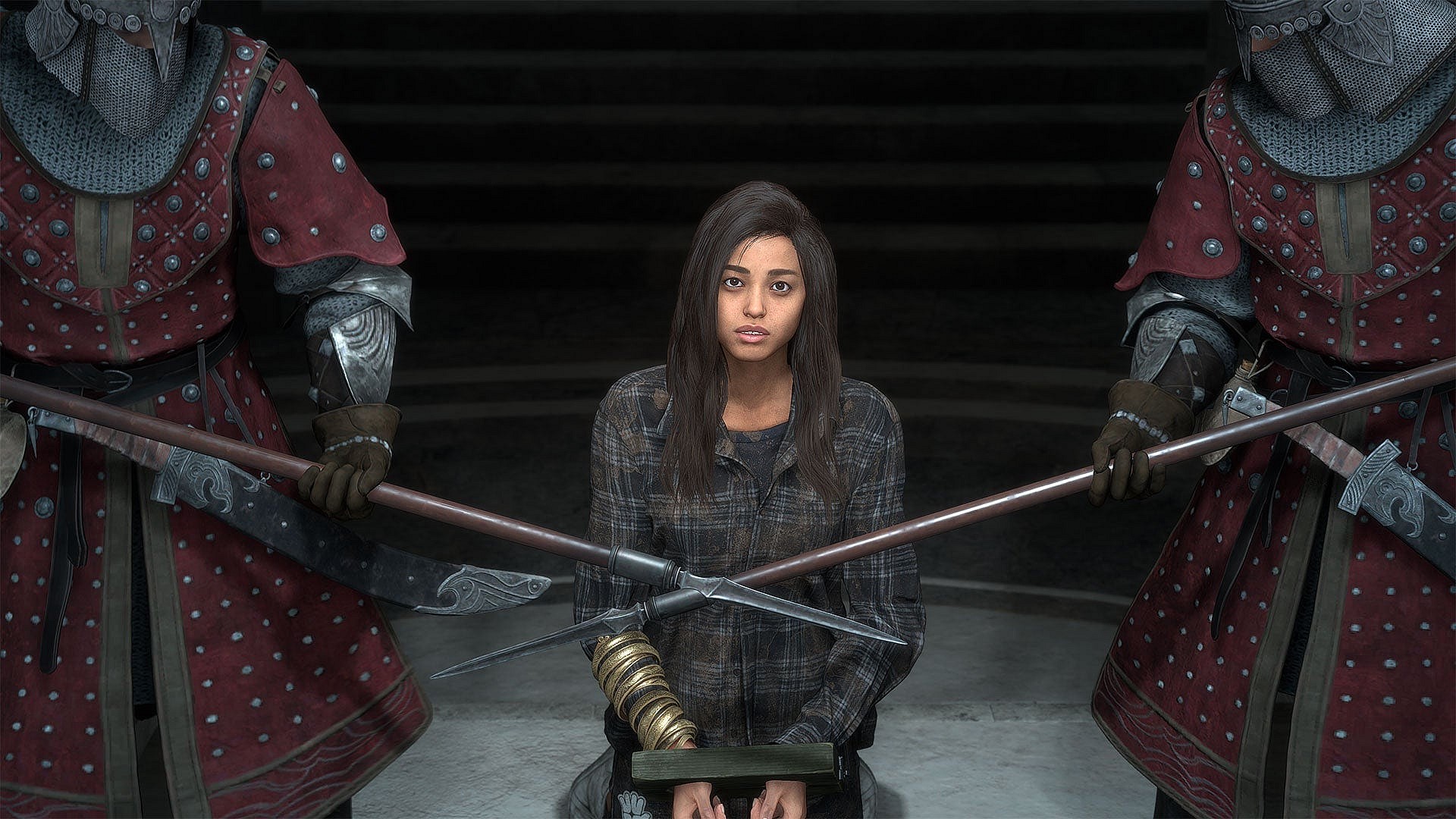Eidos Montréal Founder Describes Management Of Square Enix’s Western Studios As A “Train Wreck In Slow Motion”
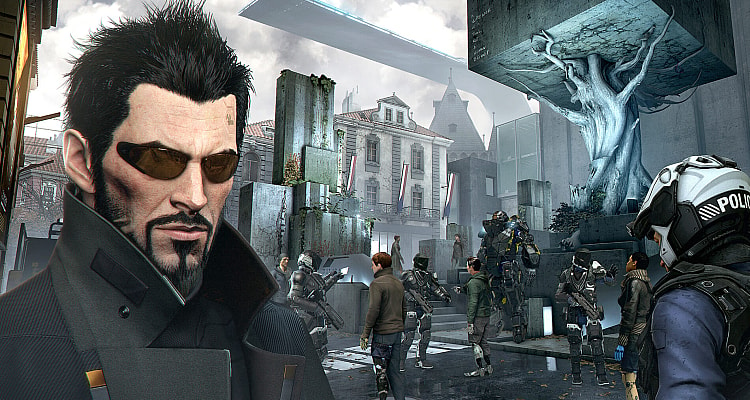
Eidos Montréal founder Stephane D’Astous has condemned Square Enix’s management of Western studios, describing them as a “train wreck in slow motion.”

RELATED: Square Enix’s Real Time Strategy JRPG The DioField Chronicle Release Date And Demo Announced
In a recent interview with GamesIndustry.biz, D’Astous discussed the studio’s recent sale from Square Enix to the The Embracer Group, along with Square Enix Montréal, and Crystal Dynamics. In they process, they also acquired several western intellectual properties, including Tomb Raider, Deus Ex, Thief, and Legacy of Kain.
While reportedly surprised over the sale being only for $300 million, he wasn’t surprised it had happened. Despite leaving the company in 2013, his experiences within the company made him feel the transaction was predictable.

“It was a trajectory that could be predicted. I left because things were missing at head office,” D’Astous explained. Prior to Square Enix’s acquisition, he discloses, “Eidos has a great tradition of development teams, but they don’t have superior knowledge of how to sell their games. And that was quite clear.”
“You could look at all the great games that Eidos did, and — apart from Tomb Raider back then, that was a whole different era — the Hitmans and all those could have been a six, seven, eight-million unit projects. Deus Ex could have been that also,” D’Astous laments.
He elaborates, “We hit good numbers, don’t get me wrong, but I always felt that the way to sell games that Eidos used were so traditional and conventional. That it wasn’t innovative. And it was always underselling the quality of the games. I hoped when Square Enix purchased Eidos in 2009 that that would change things.”
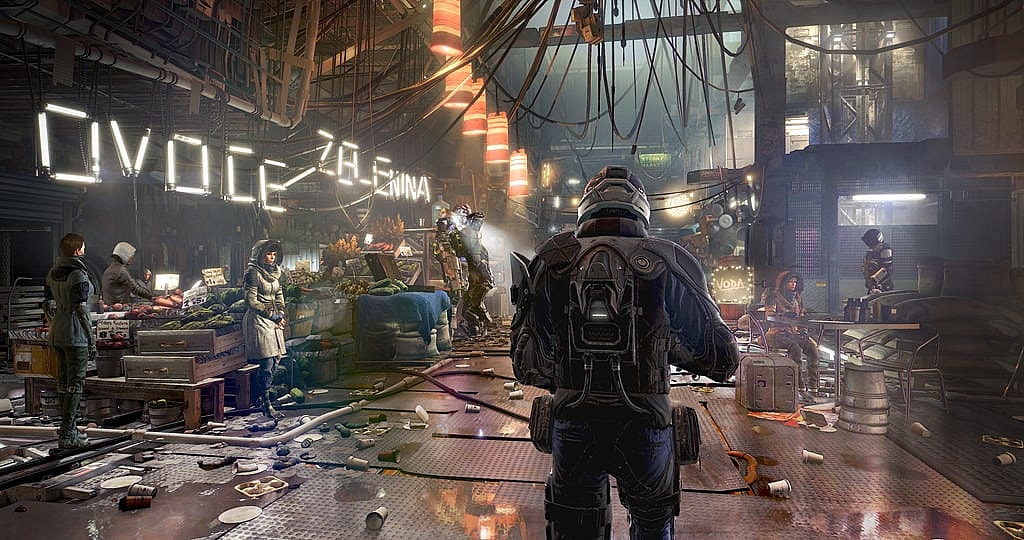
At the time, Eidos Montréal had three production lines, Deus Ex, Thief, and helping develop the multiplayer for Crystal Dynamics’ Tomb Raider reboot. “It was clear that the main purpose of Eidos Montreal was to increase capacity of production,” D’Astous claims, “or development capacity, within the group, because Crystal Dynamics was branded like a mono-project studio, as was IO Interactive.”
“Montreal was there to save the back catalogue. It was clear that we had great IPs that were sleeping on the shelf. Legacy of Kain that was discussed, but wasn’t as strong as Deus Ex and Thief.” D’Astous also says that despite the reception to 2014’s Thief, it remained “one one my favourite projects.” Even so, he felt it needed another nine months of development.
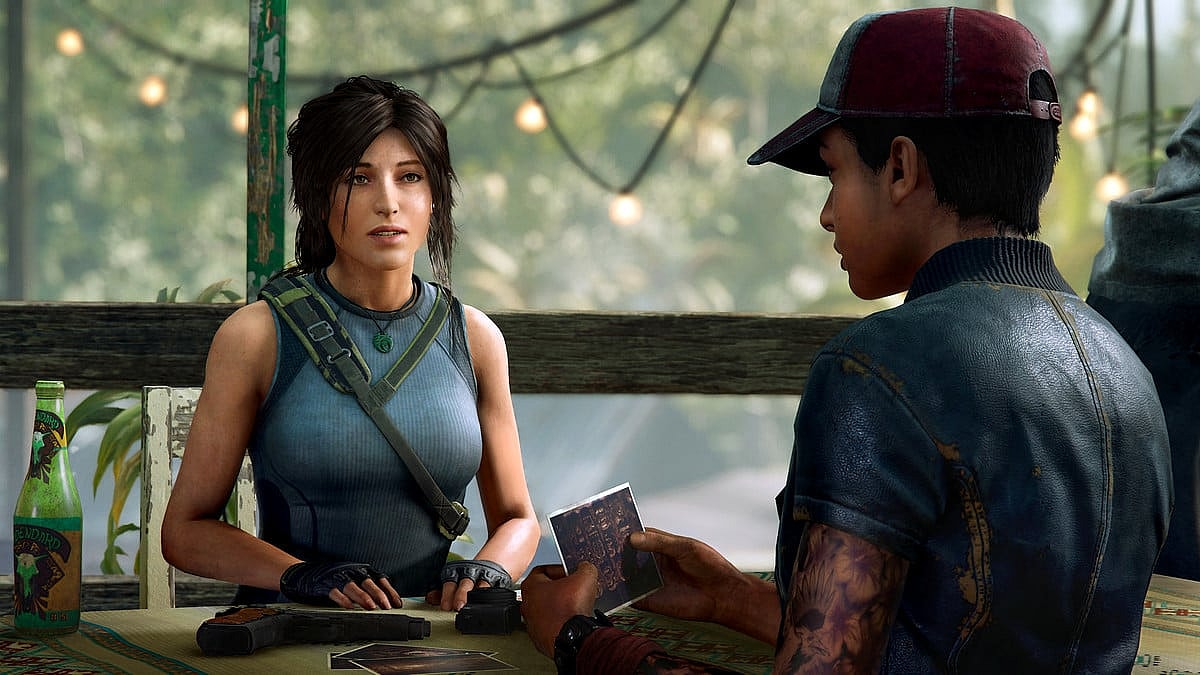
“We did our best, and we struggled, and that’s life in development in games,” D’Astous admits. “You don’t hit it off all the time. And we were close, but just missing some finishing touches.” By contract, he praises the Deus Ex development team as “one of the strongest that I’ve assembled, and they were really united. They knew the challenges.”
“With Thief, I didn’t have that luxury to have a core group of people that had worked together previously, so I went to recruit strong people, very strong people, but they didn’t have the opportunity to work together on previous games. And that maybe could be one of the reasons why it wasn’t as smooth as Deus Ex.”
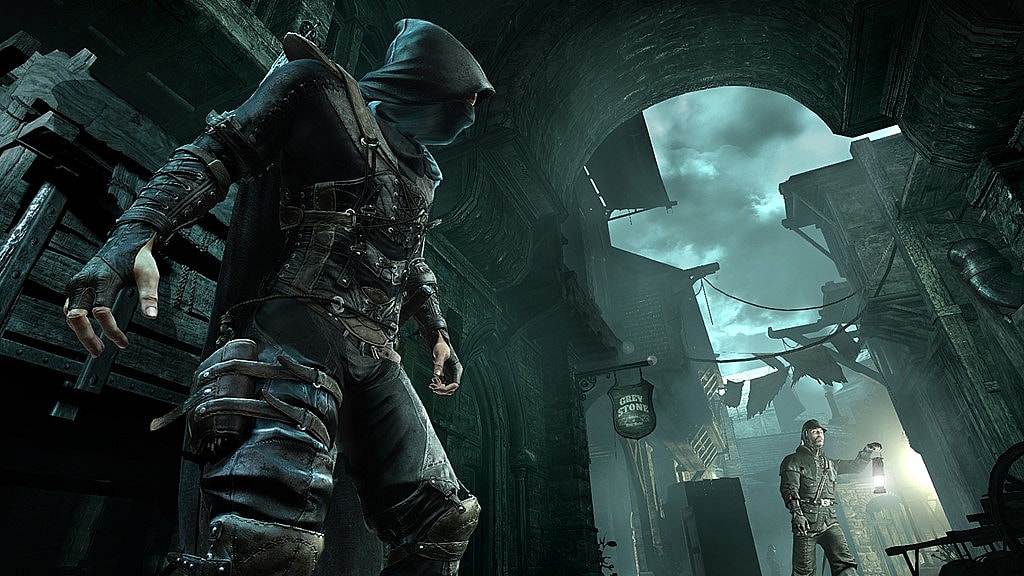
RELATED: Valkyrie Elysium Release Date And Valkyrie Profile: Lenneth Digital Port Announced
As GamesIndustry.biz note, regarding Square Enix’s reputation of announcing multi-million selling games as disappointing to them, D’Astous offered insight into how such announcements were received by developers. In one meeting discussing Eidos Montréal’s performance back in 2012, they were told they had lost $65 million, which is the exact amount of profit the studio was expected to generate.
“We were dumbfounded. Especially because my studio didn’t have any deliverables for that year,” he said, recalling that he began receiving messages from concerned members of his team; panicking over the studio’s future. D’Astous’ own messages addressing the situation to management were reportedly ignored.
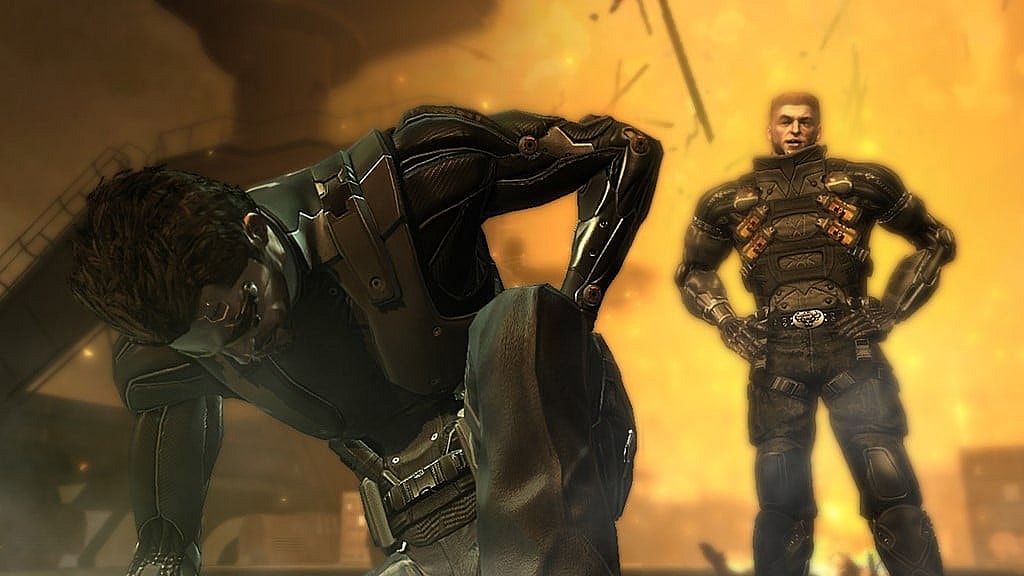
“The pressure was starting to build, and my employees towards me, me towards my superiors,” the Eidos Montréal founder further recalled. “I think when people are in a crisis situation where there’s a lot of situations, you do see their core behaviour or values. And I didn’t like what I saw.”
“There was really a lack of leadership, courage, and communication. And when you don’t have those basic things, no employee can do their job correctly — especially when you’re heading a studio,” he added.
“I was losing hope that Square Enix Japan would bring great things to Eidos. I was losing confidence in my headquarters in London. In their annual fiscal reports, Japan always added one or two phrases saying, ‘We were disappointed with certain games. They didn’t reach expectations.’ And they did that strictly for certain games that were done outside of Japan,” D’Astous claims.
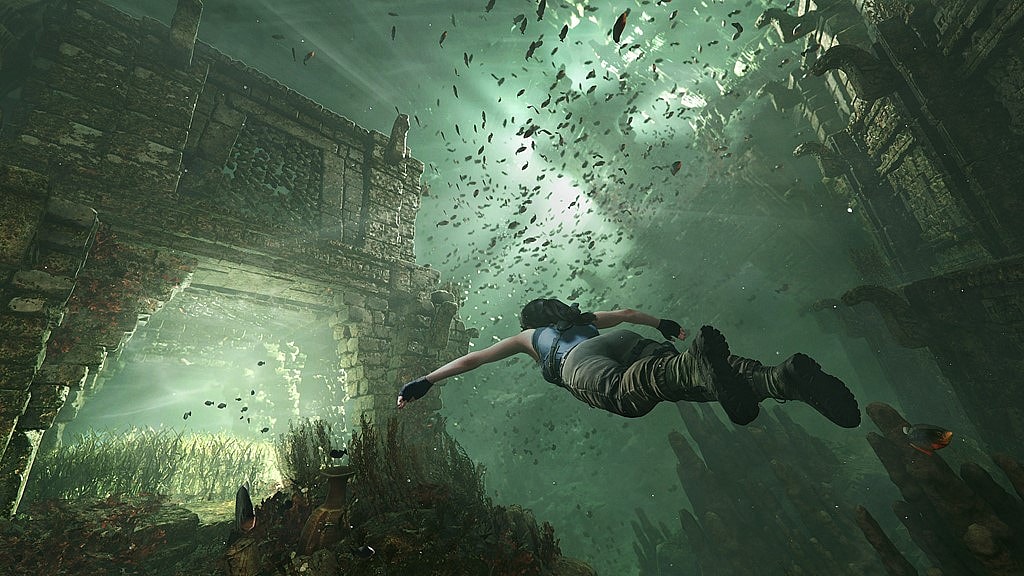
D’Astous left Eidos Montréal in 2013, followed by Crystal Dynamics’ Studio Head Darrell Gallagher in 2015. While Square Enix looked for a potential buyer to purchase IO Interactive, the studio secured a management buyout for themselves and the Hitman IP in 2017.
Discussing Square Enix’s trend of western-developed games that were ‘disappointing’ or outright flops, D’Astous states, “It’s a train that is slowing down and needs some injection of energy or money or something, but the train is slowing down. And it’s unfortunate because there are a lot of good people in those studios.”
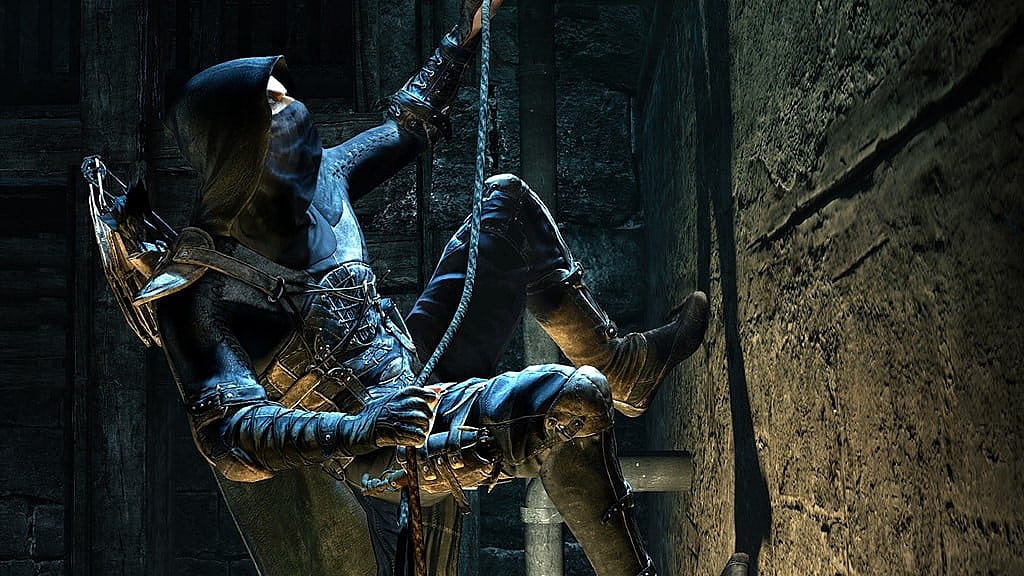
“If I read between the lines, Square Enix Japan was not as committed as we hoped initially,” he speculates. “And there are rumours, obviously, that with all these activities of mergers and acquisitions, that Sony would really like to have Square Enix within their wheelhouse.”
“I heard rumours that Sony said they’re really interested in Square Enix Tokyo, but not the rest. So, I think [Square Enix CEO Yosuke] Matsuda-san put it like a garage sale,” D’Astous proposes, also acting as a possibly explanation for selling three western studios for $300 million. He also compared it to the Embracer Group’s purchase of Gearbox for $1.3 billion.
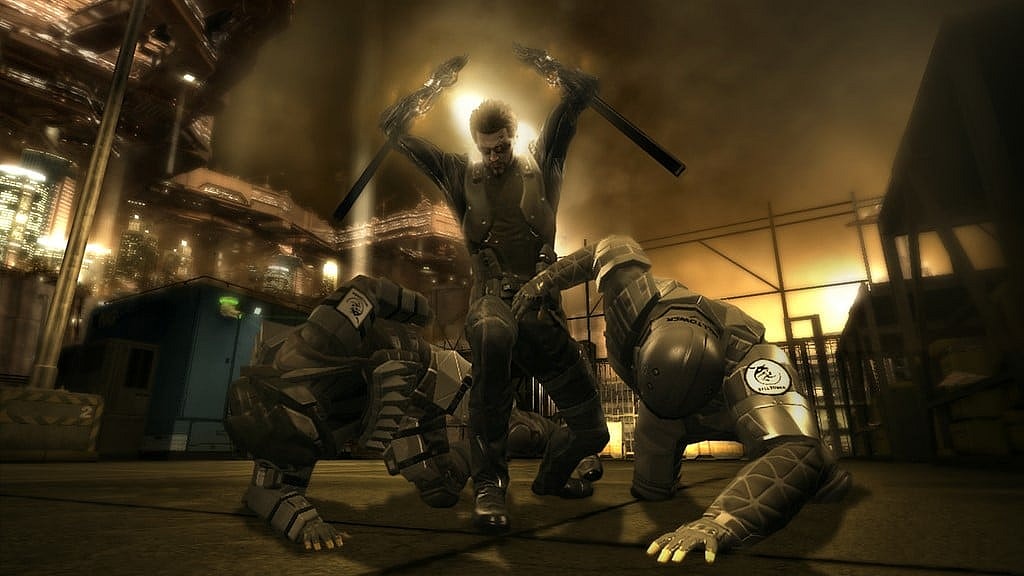
RELATED: Final Fantasy XVI Release Date Announced, Action JRPG Gameplay Revealed
“They have about 1,000 staff. Eidos has about 1,000. They have basically Borderlands and others, and Eidos has five times the IPs. So why four times less?” D’Astous asks. “I guess there weren’t a lot of key people interested. And it shows the health of the value of the potential of Eidos, unfortunately.”
“It was a train wreck in slow motion, to my eyes, anyway. It was predictable that the train was not going in a good direction. And maybe that justified $300 million. That’s really not a lot. That doesn’t make sense,” D’Astous rues. Even so, while he blames Square Enix’s management for Eidos’ under-performance, he notes, “some of the bad decisions came from London.”
“They were there since the start, and some decisions I question. There have been no changes at the head office now for more than a decade. So, I think it’s more of the same, to a certain point,” D’Astous theorizes.

Yet, D’Astous didn’t give the Embracer Group total praise, expressing some caution. “[CEO Lars] Wingefors, I don’t know how he’s managing it up to now. I mean, yes, leave autonomy [to the studios] to a certain point, but you leave autonomy when there’s a strong vision. IO knew what they wanted to do.”
“I think they weren’t able to do it when they were within the group of Eidos because of head office, so that changed their lives for them. But I would leave certain groups autonomous when they have demonstrated that they have a clear vision, knowhow, and leadership,” he explained. “And again, I’ve mentioned all the heads of studios that left the three studios of Eidos. There’s a reason why I wasn’t the only one who left.”
“I hope that Lars really evaluated, spoke in deep conversation to see what they have as a plan, because the plan has not been successful in the last decade. I don’t know why it would be successful for the next ten years, because they’re the same people, the same actors are there. The same players are there. If no changes are done, the train will continue to slow down,” D’Astous cautions.
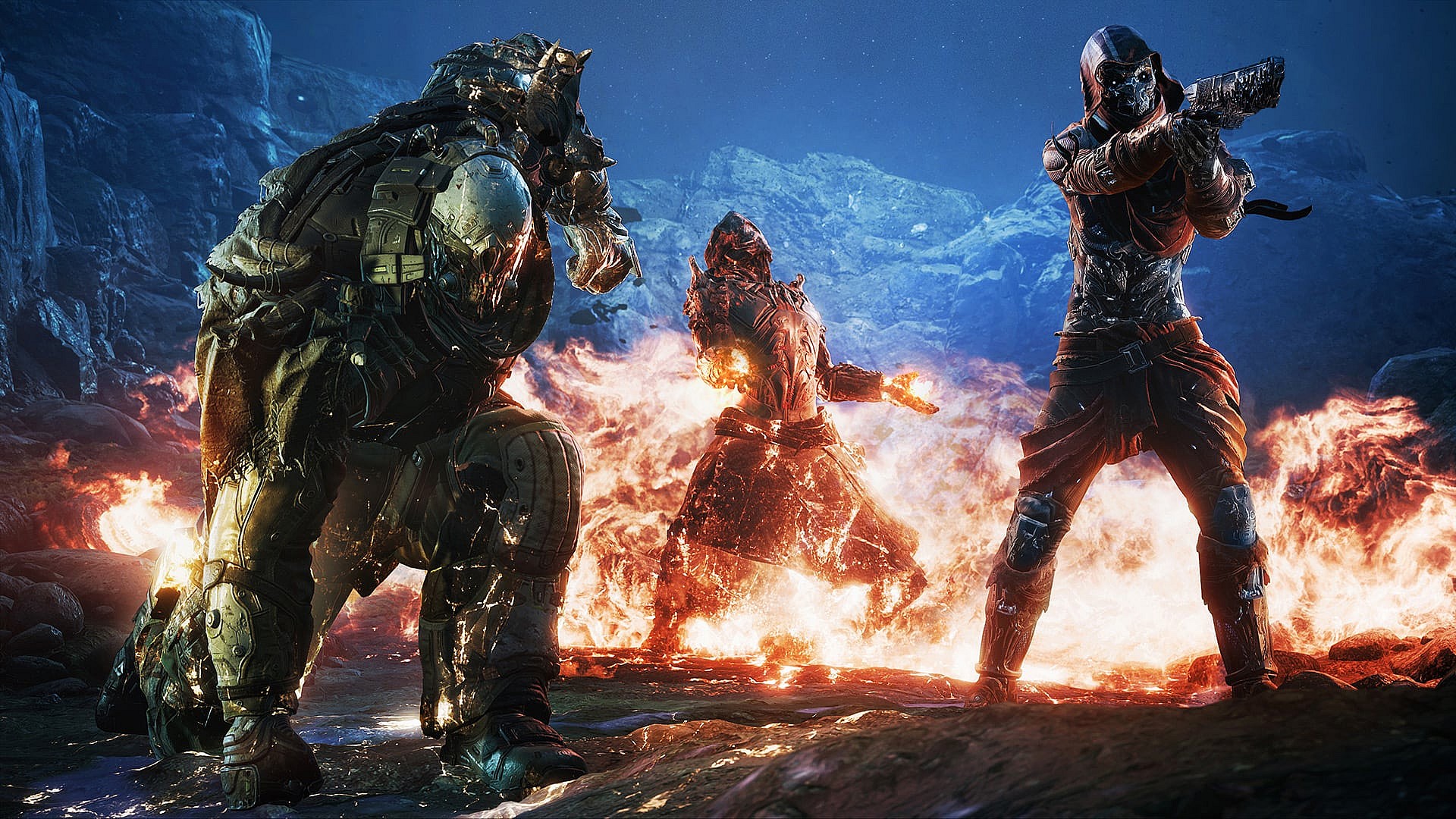
RELATED: The Embracer Group Reveals Lifetime Sales Of Tomb Raider And Deus Ex Franchises
As aforementioned, while several western-developed Square Enix titles have done well — such as the Life is Strange series — there have been several major flops to tarnish their reputation in recent years. While reboots of Thief and Tomb Raider were not warmly received by die-hard fans, 2021 would see a string of high-profile failures.
The publisher declared Outriders was expected to be their “next major franchise,” only to meet average average critic scores and middling to poor player reviews. In August 2021, developer People Can Fly claimed they hadn’t yet received their first royalties for the game, suggesting Outriders hadn’t been profitable four months after launch.

Square Enix reluctantly stated in November 2020 that Marvel’s Avengers made a $48 million loss, unsurprisingly failing to offset its development costs. The year after, Square Enix President Yosuke Matsuda admitted the game “produced a disappointing outcome.”
Matsuda noted, “taking on the Games as a Service model highlighted issues that we are likely to face in future game development efforts such as the needs to select game designs that mesh with the unique attributes and tastes of our studios and development team.”
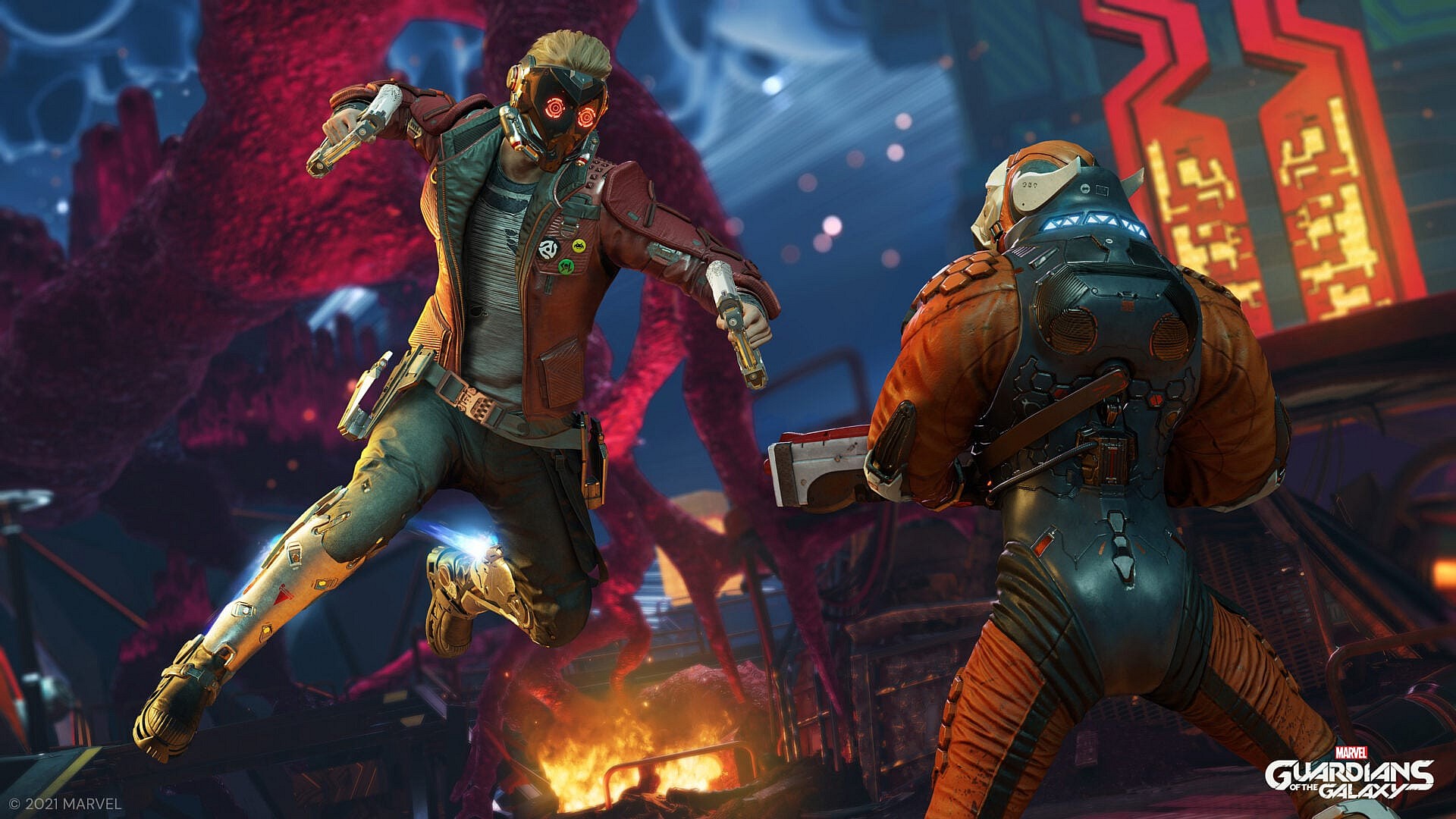
This year, Matsuda also stated that despite strong reviews, Marvel’s Guardians of the Galaxy “undershot our initial expectations” on launch. Several Eidos-Montréal senior developers would later state they had “no regrets,” some claiming the game was gradually “finding its audience.”
Despite Matsuda’s comments that “even if Japanese imitate Western games, they will not be able to produce good ones,” Square Enix’s Forspoken — a title developed by Japanese subsidiary Luminous Productions — appears western inspired.
